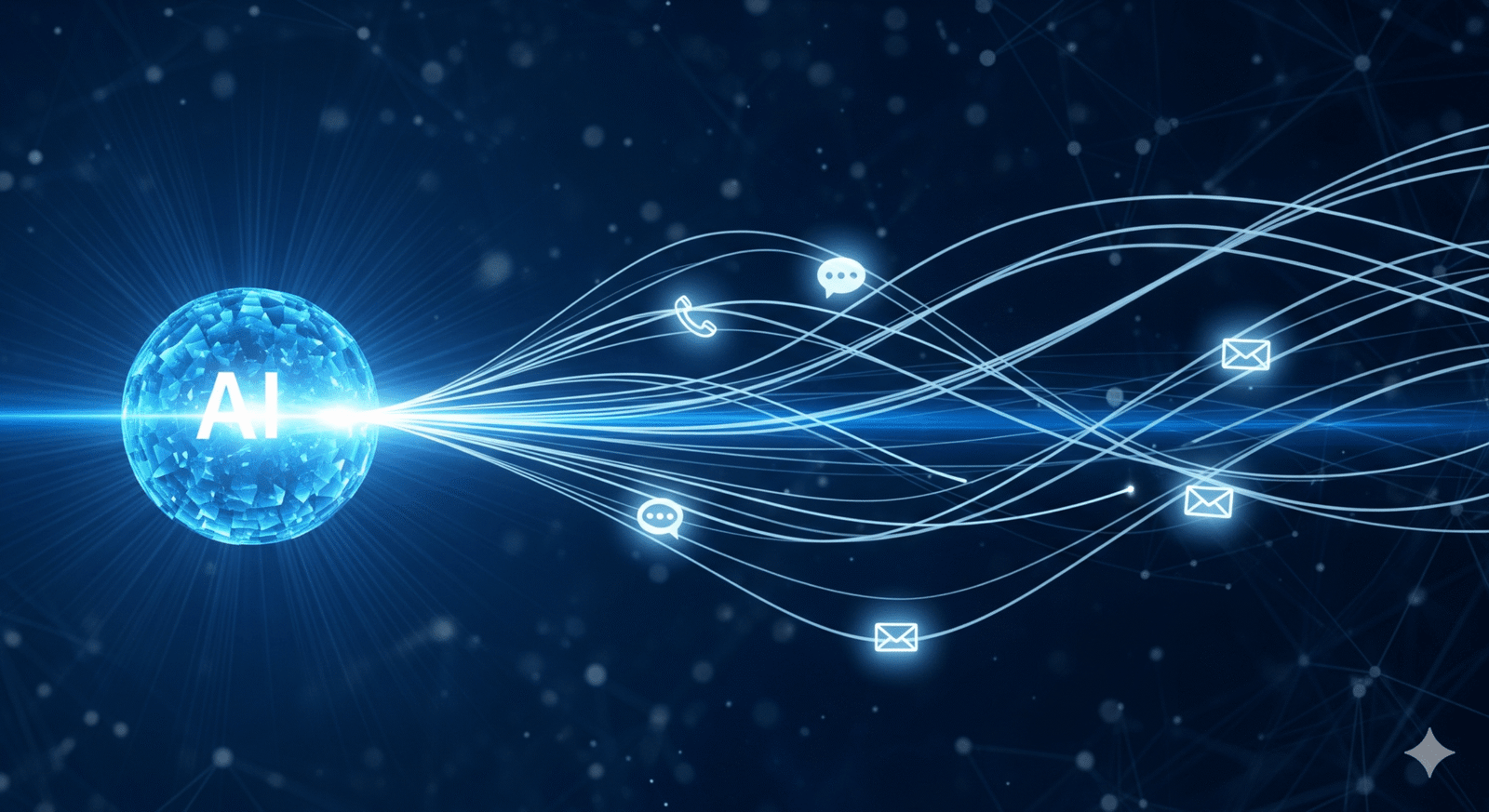The Human-Centered AI Manifesto: Kanjun Qiu’s Vision for General Purpose AI That Empowers, Not Automates
H2: The Imbue Core Principle: AI as an Extension of Human Potential
Kanjun Qiu, the Co-founder and CEO of Imbue, an AI research lab focused on building General Purpose AI (GPAI), is challenging the industry’s default narrative. Imbue’s core insight, and Qiu’s non-negotiable founder mindset, is that the future of AI shouldn’t be about maximizing automation; it should be about maximizing human agency and empowerment.
Imbue is one of the few independent AI labs committed to building its own foundation models, specifically optimized for reasoning and coding. Qiu argues that the current, massive, centralized AI systems limit technology’s potential to distribute economic power and human capability.
H3: The Shift from Automation to Empowerment
Qiu posits that the most valuable AI will not be one that simply replaces a human task, but one that empowers a non-technical person to solve their own complex problems—in effect, allowing everyone to build and customize their own software.
- Traditional View: AI is for replacing human labor to cut costs and increase corporate efficiency.
- Imbue’s View (The Human-Centered Future): AI is for people. It’s for enabling non-coders to create custom tools and for experts to accomplish larger goals that require high-level strategic planning and execution.
H2: The Strategy: Building General Purpose AI Agents That Reason and Code
Imbue’s technology strategy is a direct implementation of this human-centered philosophy, specifically targeting the most complex task in the digital world: software development.
1. Training Models Optimized for Reasoning
Imbue trains its own proprietary, very large foundation models, optimizing them explicitly for reasoning capabilities—the ability to analyze information, draw logical conclusions, break down difficult goals into plans, and then execute.
- Why Code? Imbue’s initial focus is on agents that can code. Qiu argues that coding is an ideal test-bed for reasoning because it’s objective (the code either passes the tests or it doesn’t). Furthermore, the ability to generate and execute code is the most direct way for an agent to take action on a computer and accomplish a goal.
2. Collaborative Interfaces, Not Black Boxes
Imbue aims to make the interaction feel collaborative, likening it to a document editor where users interact with an agent to delegate and refine tasks. This ensures the human user retains oversight and control, directly addressing the AI ethics in business concerns of large, unpredictable black-box systems. The agent is a partner, not an autonomous replacement.
3. The Decentralized Economic Impact
Qiu believes the profound long-term economic impact of GPAI will come from making the costs of experimentation and production drastically reduced for the individual. If everyone can create custom software and tools to solve their unique problems, economic power shifts from large, centralized corporations to a decentralized network of empowered individuals.
H2: Key Takeaways for Innovators and the Tech Community
Qiu’s vision offers critical lessons for aspiring social entrepreneurs and product builders in the tech community:
- Reframe the Problem: Don’t chase marginal productivity gains from simple automation. Instead, focus your deep tech innovation on creating tools that allow people to do what they couldn’t do before—namely, empowering non-technical users to build personalized, complex systems.
- Focus on Agency, Not Autonomy: The key to building a robust and trustworthy AI product is human-AI collaboration, not pure machine autonomy. Ensure your system’s design makes the human the decision-maker, even if the AI is doing 99% of the work.
- Code is the New Literacy: For AI agents to truly be “general purpose,” they must be fluent in the language of execution—code. Founders should see coding not as a soon-to-be-obsolete skill, but as the new literacy that allows humans to give precise, actionable instructions to their intelligent machines.
Imbue’s ambitious goal is to rekindle the dream of the personal computer—a powerful tool that people can mold to their own needs. This vision suggests that the biggest economic shift from AI will be the democratization of software creation, not just the automation of existing jobs.
Are you a startup founder or innovator with a story to tell? We want to hear from you! Submit Your Startup to be featured on Taalk.com.







